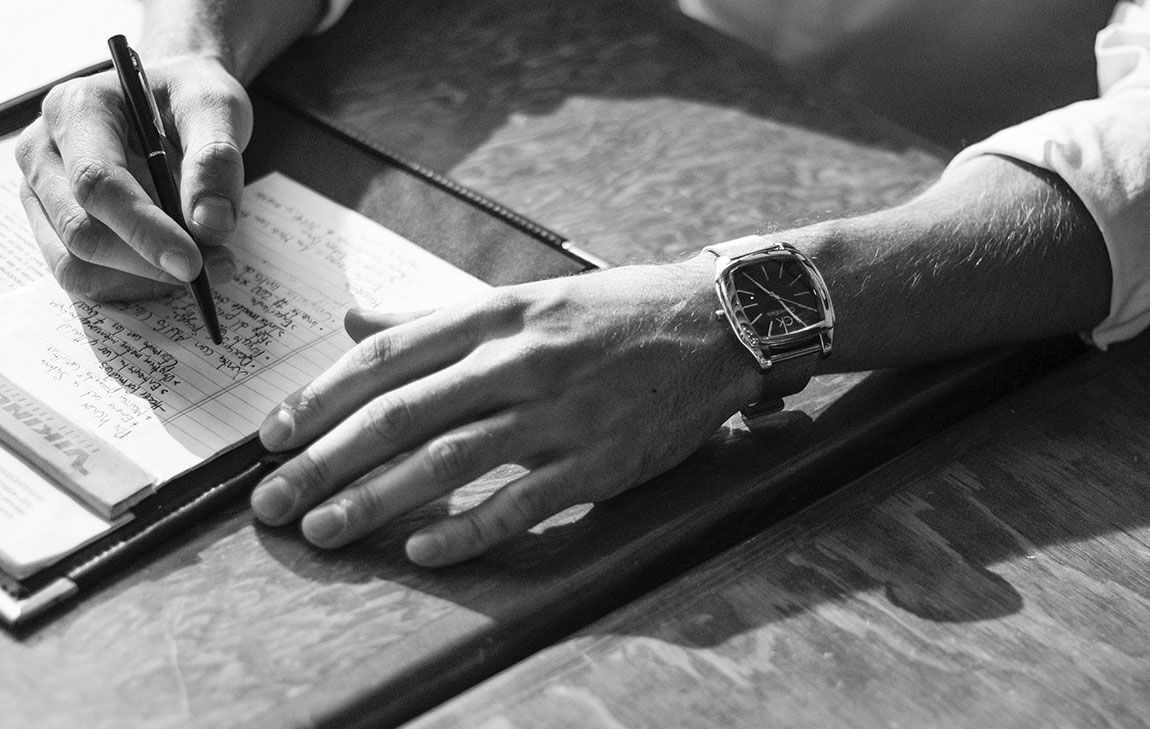How To Write a Meaningful Eulogy
Giving a eulogy is an honor. But it’s one that makes many of us uncomfortable. In the days that follow the death of a loved one, our thoughts are often clouded by our pain, and simply getting up in the morning can be a task.
Writing a eulogy may seem impossible in these moments. But you don’t have to do it alone. The friends and family members around you can help, and with a little time and planning, you can prepare a eulogy that beautifully celebrates the life of the person you are remembering.

Why Do We Write Eulogies?
When a loved one passes away, the grief that accompanies loss can be overwhelming. In sharing our grief with others, we realize that we're not alone, we are able to carry the burden of grief together, and we begin to heal. Our lives are spent in communities, and through difficult times our communities lift us up.
Eulogies pay tribute to a person's life and summarize their personality, passions, accomplishments and important relationships. When you give a eulogy, you connect to others who have also lost someone they cared about. A eulogy is an opportunity to bring peace and comfort, and even some joy, to people with your words. A heartfelt eulogy helps guests feel like they are not alone in their suffering.
Who Should Give the Eulogy?
Anyone can give a eulogy; it doesn’t necessarily have to be a member of the family. It typically is not the spouse, as they may not feel up to it in their grief, and they have many other things to attend to at this time.
If the deceased was religious, their faith must be considered. Many religions have rules or traditions that dictate most details of the funeral and may not allow for much personalization. Other cultural traditions should also be taken into account when assigning the eulogy.
Whether it’s a child, grandchild, sibling, friend, or coworker, a eulogy should given by someone who was close to the deceased. The most meaningful eulogies are given by someone who had a special connection to the deceased and shares important memories with them. Someone close to the deceased may volunteer to write it, as well. If you will have the honor of giving the eulogy, we’ve provided some guidance for you below.
The Challenges of Writing a Eulogy
You’re grieving. None of us are at our best when we’ve lost someone close to us. When you’re grieving, every task can seem much more difficult than usual. Try to take care of yourself by making sure you eat well and get enough sleep. Lean on those close to you. Your community can help ground you so you can focus on the eulogy.
Writing something so important is daunting. With one chance to give such an important speech, it can be easy to freeze up. Most of us feel at least a little uncomfortable with public speaking, and this event carries so much weight. But no one expects you to be perfect. Just do the best you can.
How do you tell a person’s life in one speech? Every person’s life is made up of so many vital moments and details that make them who there are. It might feel impossible to do an entire life justice in a single speech. But you don’t have to encapsulate their entire life story. Just start with a few moments that best illustrate who the person was, what they loved, and the bond you had with them.
How To Put Your Love Onto Paper
Like every human, each eulogy is unique. There's no set of rules for writing a meaningful eulogy. But like any new skill, preparation and practice is key to success. Some aspects of writing a eulogy are the same as any other kind of writing. Here are a few helpful steps to begin writing your loved one's eulogy.
- Read and research. If this is the first time you've written or given a eulogy, it might be helpful to find some examples online. A quick internet search will yield plenty of eulogies, as well as videos of people giving eulogies at funerals. You don't have to use anything from the examples, but it can be helpful to see how others have chosen to pay tribute to the people they care about.
- Remember. Think about the time you spent with the person you're eulogizing. Remember your most significant moments together, and then write them down. It doesn't need to be fancy; a list is just fine. What memories stick out? What defined them as a person? What was important to them? Jot down all the memories and personality traits that pop up, whether you end up using them or not.
- Create an outline. Once you have a list of memories and details about the person, make an outline to structure the information. Examples of eulogies can be helpful here. What do you want to talk about first, in the middle, and what do you want to end with? Start there and start adding talking points to each section. Again, bullet points work well here.
- Write. This part might not seem easy, but a good outline sets you up for a great speech. Don't worry too much about getting the words right in the first time through. Just try to get everything down on paper. Write it like you'd naturally say it. Once you have a first draft, you can start to tweak it to sound better and better. This part can take time and perhaps more than a few drafts. Take as much time as you need. You don't need to finish it all at once. Try to write a little every day.
- Revise and practice. A thousand-words is a good goal. That should make the eulogy between five and ten minutes when you're speaking at the funeral. Once you have the eulogy finished and edited, have someone else read it (or read it to them) and have them give you feedback. Before the funeral or memorial service, practice. Some people find it helpful to speak to themselves in the mirror. Others might record themselves and listen back
Horan & McConaty Is Here To Help
The funeral director typically does not write or give the eulogy unless we're specifically asked. But we can help you take care of every other detail of the funeral. In a family's most difficult days, we are here to make planning as stress-free as possible, and to help you give the perfect goodbye. If you'd like to learn more about our funeral services, call us at any of our funeral home locations in Denver, Aurora, Lakewood, Thornton, Centennial, or Arvada, or contact us online.



